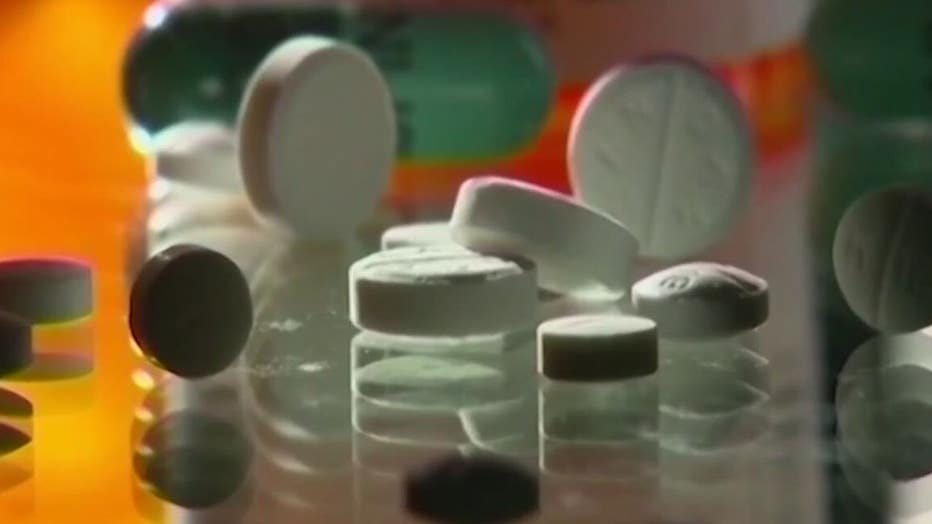Detroit to get $4 million to combat opioid addiction from national lawsuit settlement
Detroit to receive $4 million to fight opioid addiction
The city will receive $22 million total in the next 18 years through a settlement with Janssen Pharmaceuticals and distributors of opioid pain medications. Detroit is entitled to 7% of Michigan’s share of the national settlement.
FOX 2 (WJBK) - Detroit City Council unanimously approved setting aside more than $4 million from a lawsuit to help fight opioid addiction.
The city will receive $22 million total in the next 18 years through a settlement with Janssen Pharmaceuticals and distributors of opioid pain medications. Detroit is entitled to 7% of Michigan’s share of the national settlement.
Dwight Vaughter, the CEO of Self Help Addiction Rehabilitation House in Detroit which helps those in need battling addiction, said the proposal will help.
FOX 2: "Are we not addressing how much pain our communities are in?"
"Exactly, the trauma that we're experiencing as a people, is not being addressed," he said. "I am very pleased that it’s being acknowledged that money is needed. But II wonder how it’s going to get to the front-line workers who do the work all the time."
It is a question on many people’s minds. The city’s budget office recently announced it expects to receive a total of around $22 million through the settlement.
"We’re talking about it now," he said. "But I’ve been in this field over 30 years. Opioid addiction has never went away, It’s just being highlighted now. I have always known people to overdose, but now it’s at a level that I’ve never ever known before."
Michigan is far from the only state to take on landmark lawsuits like this one against big Pharma. Because of the overwhelming and often lethal presence of opioids in communities nationwide, there’s been an increase in more legal action to control the dire situation.
Representatives from SHAR agree this is a long overdue and necessary action.
"I have watched the residential days go down from six months to 90 days to 45 days to 29 days," Vaughter said. "No criticism, but that's the way it is. As the problems get worse, the treatment is getting shorter and that’s a financial thing."
The City will be paid out over a total of 18 years. In fact., the first payment of roughly $4.4 million came in January, the largest in sum.
Moving forward the city will see around $580,000 in total from 2024 to 2026,.and with an additional $1.2 million from 2027 to 2039.
"Treatment works but it takes time," said Vaughter.
In addition, the city plans to use funds to increase community access to Naloxone which helps during overdoses.


